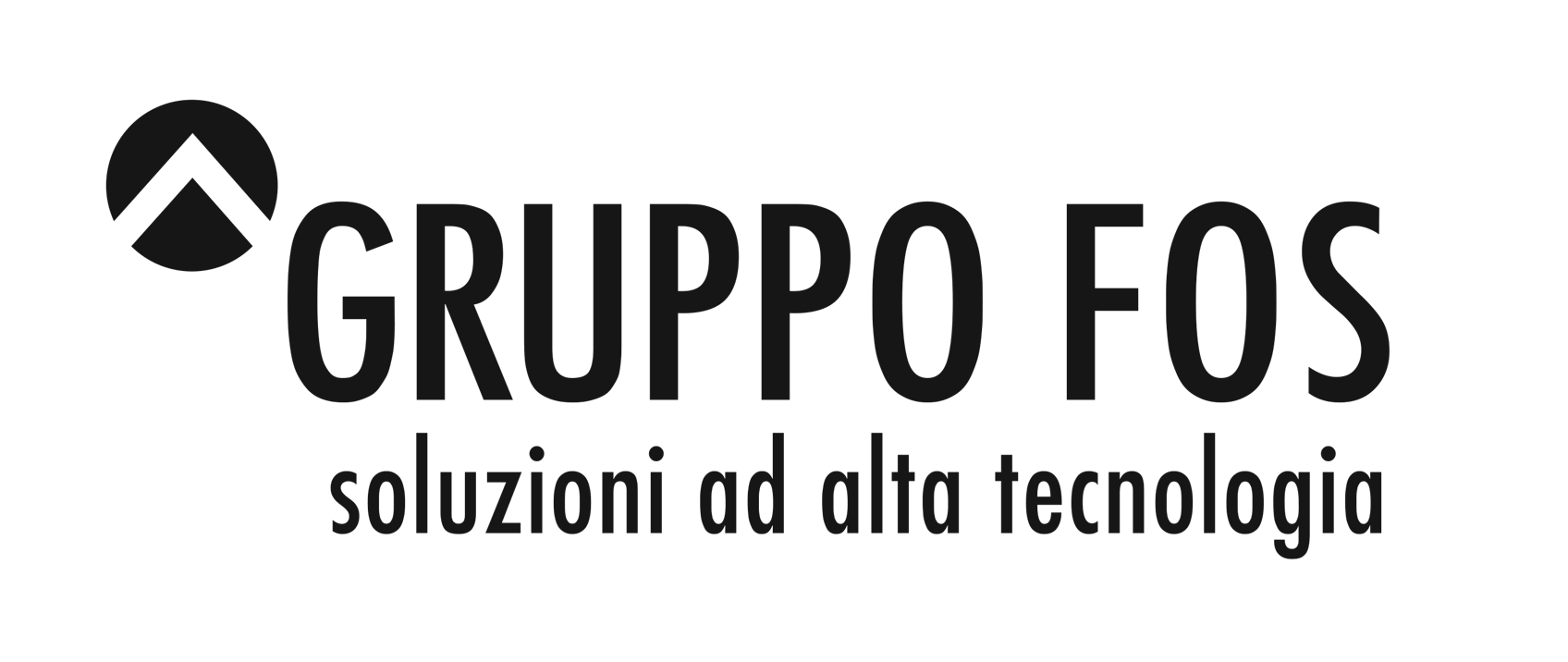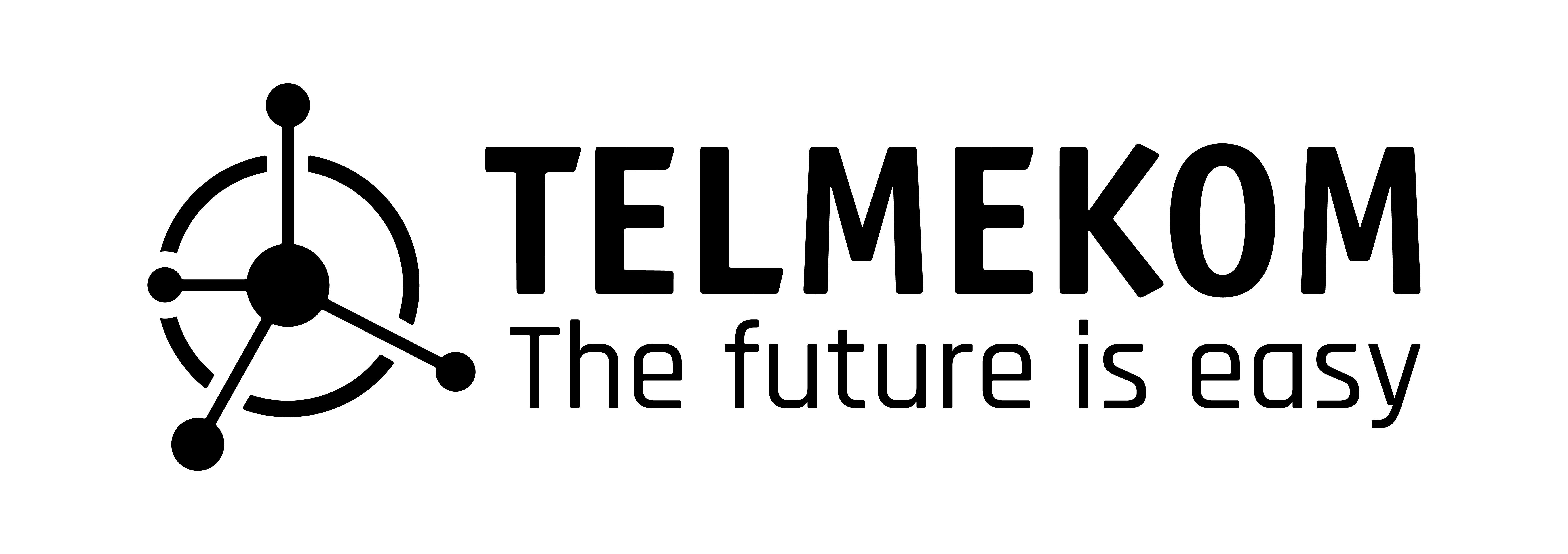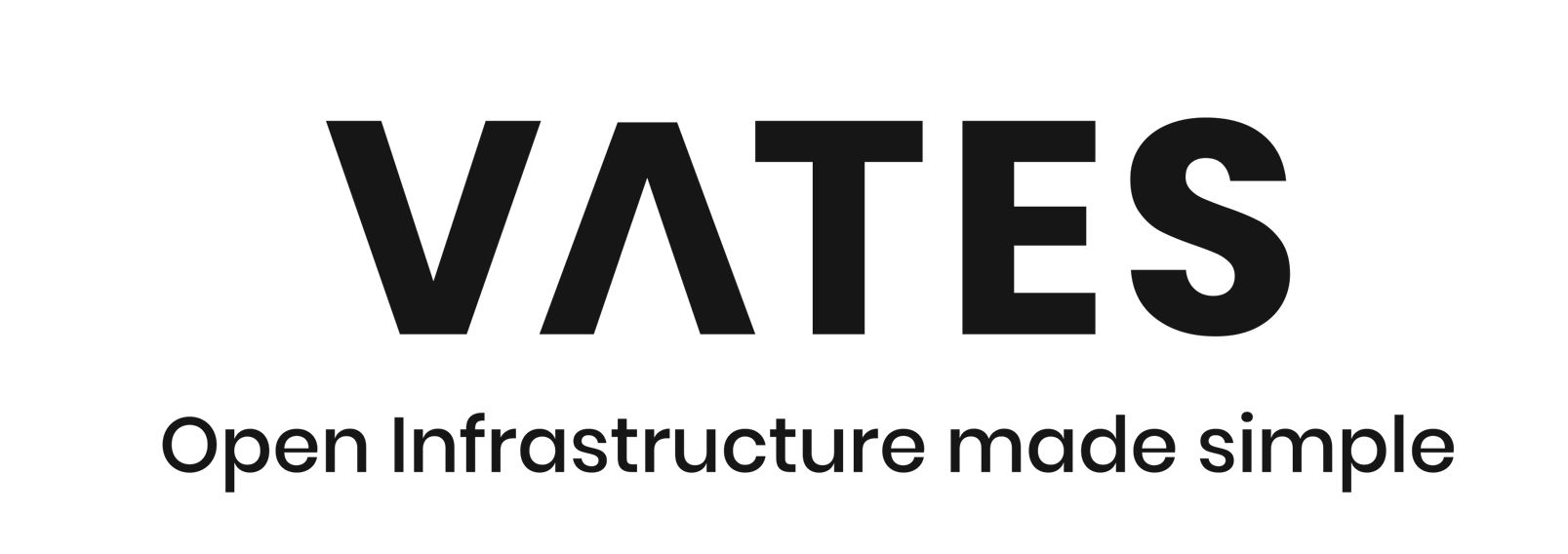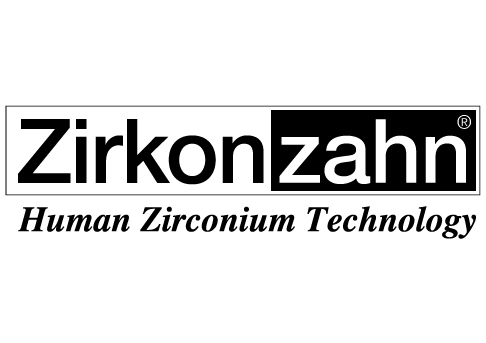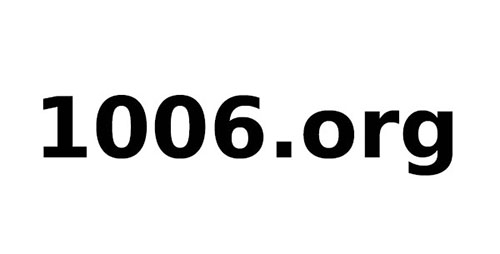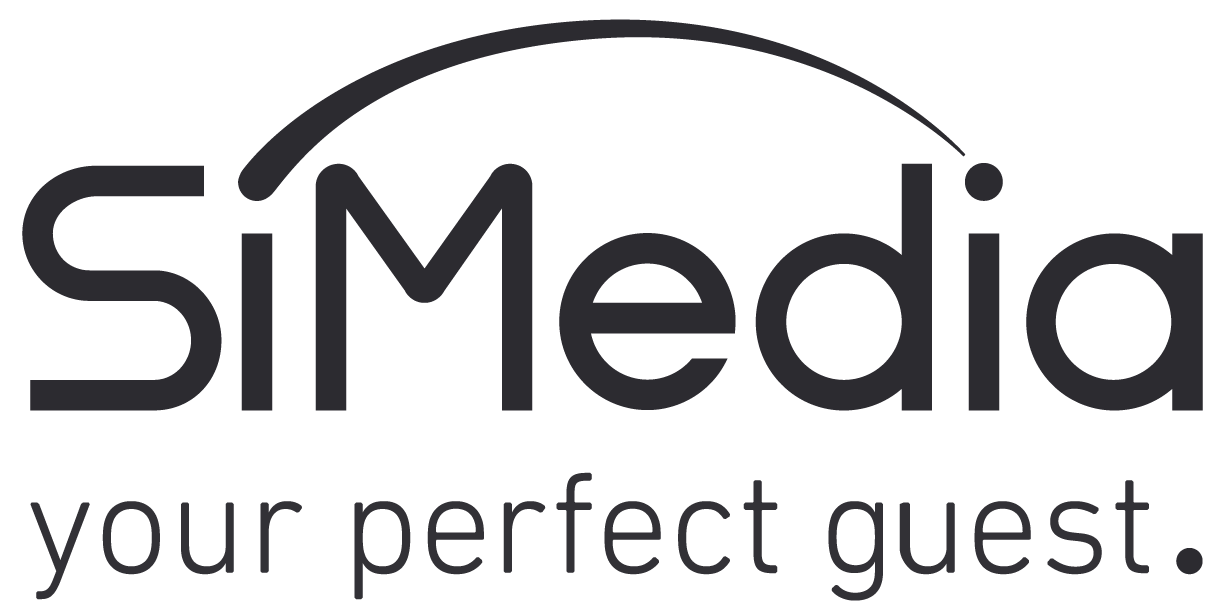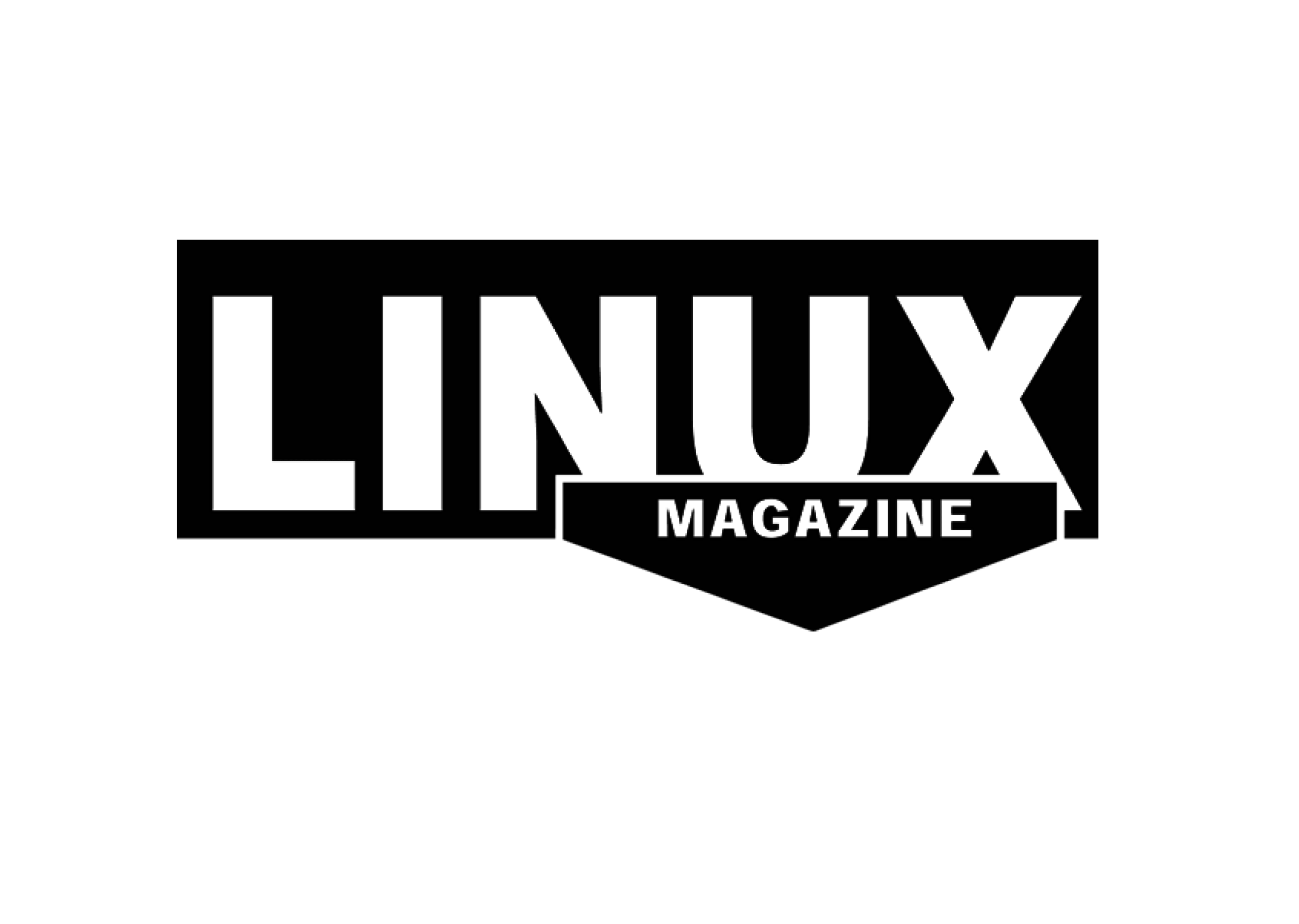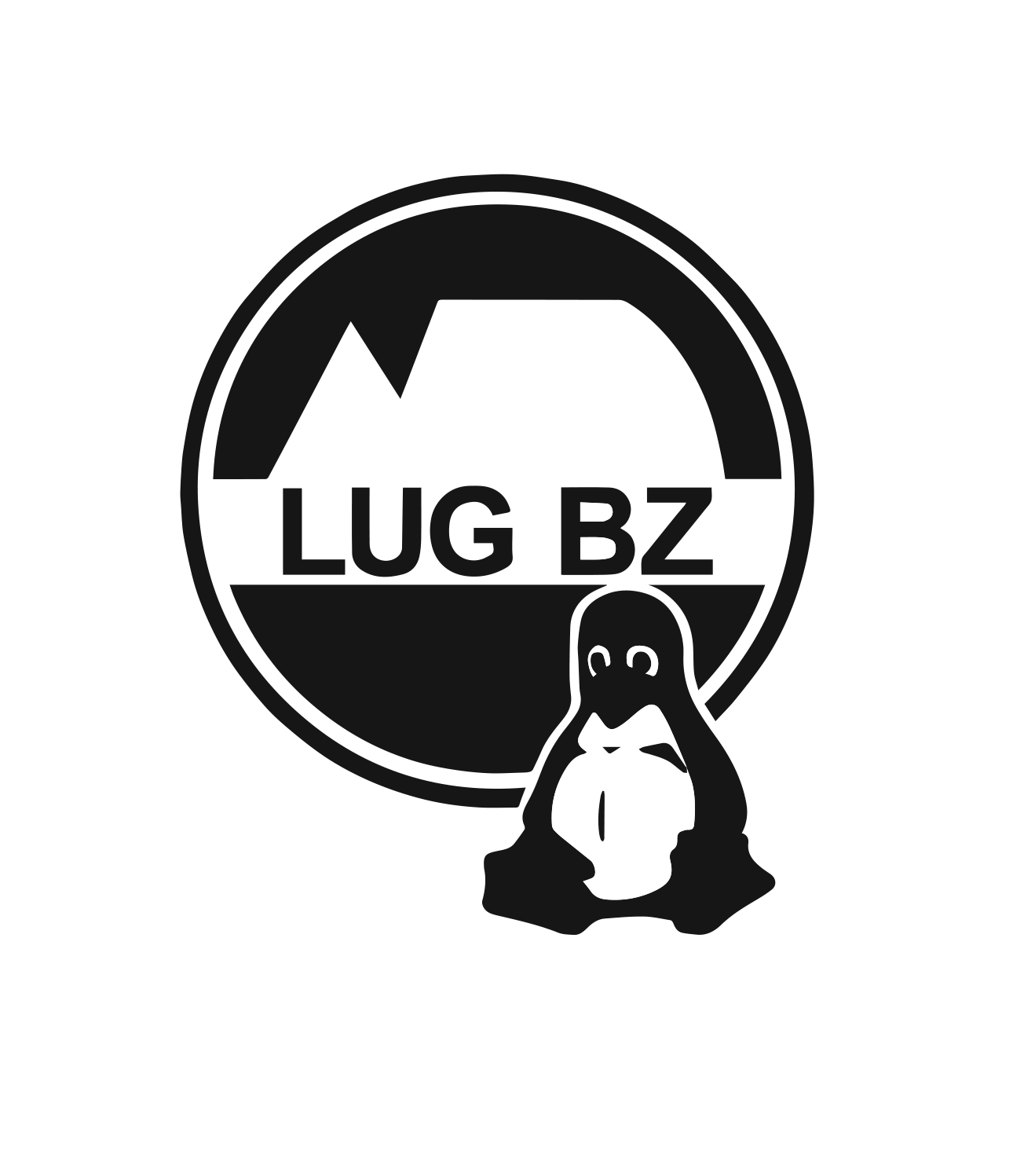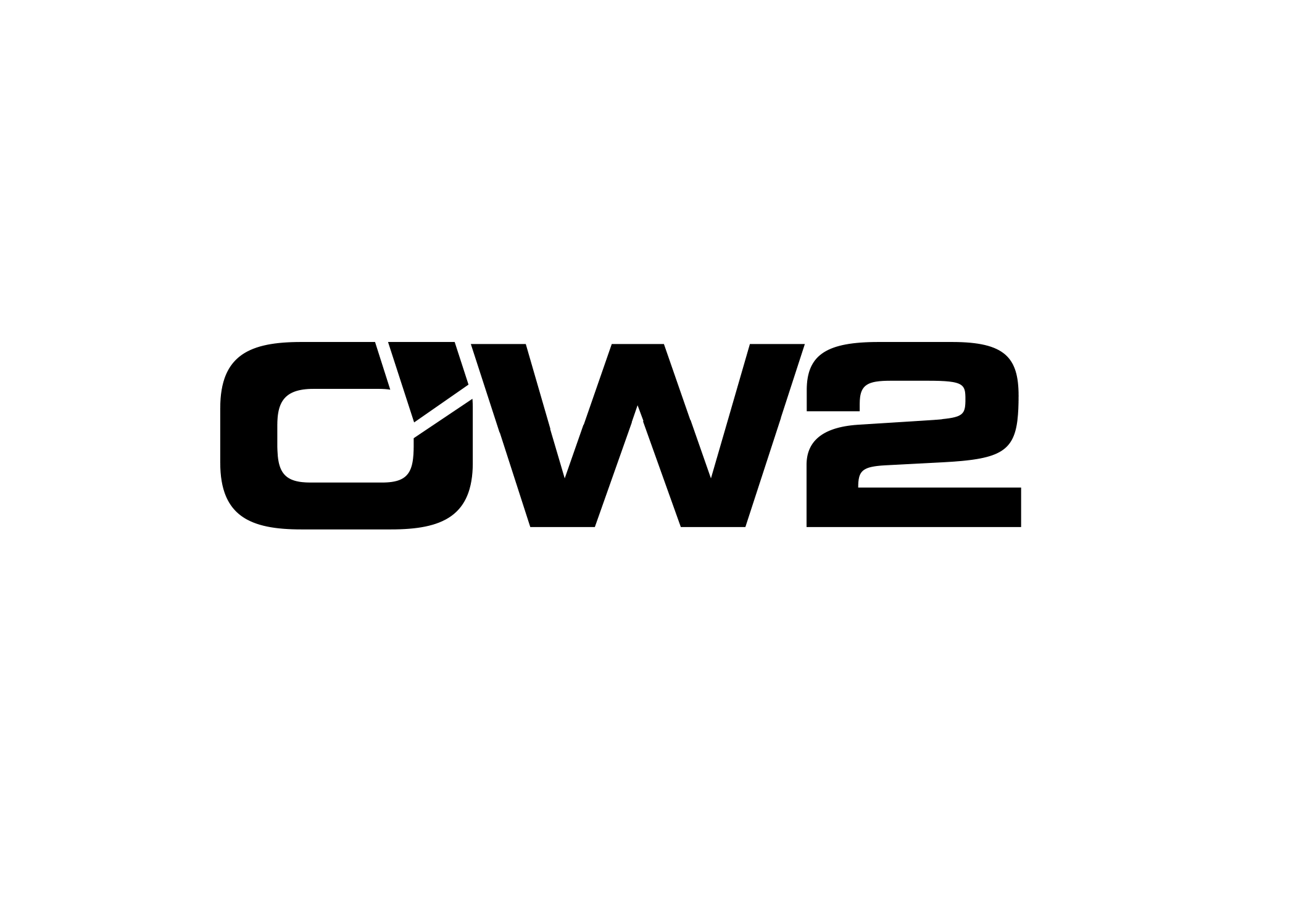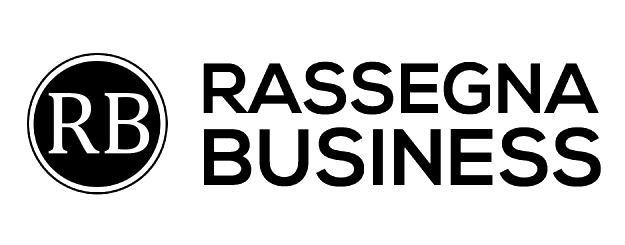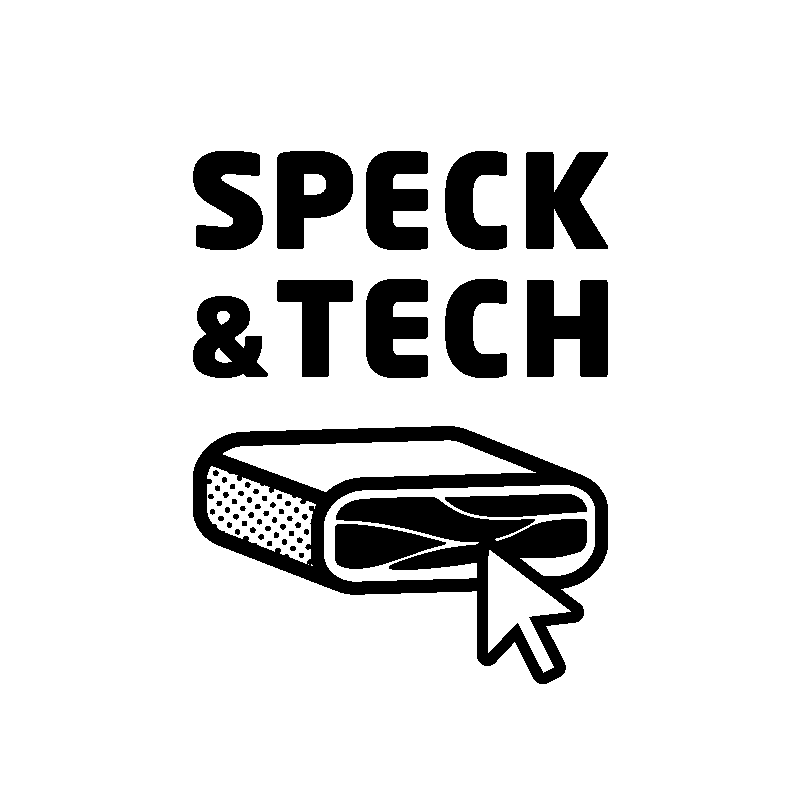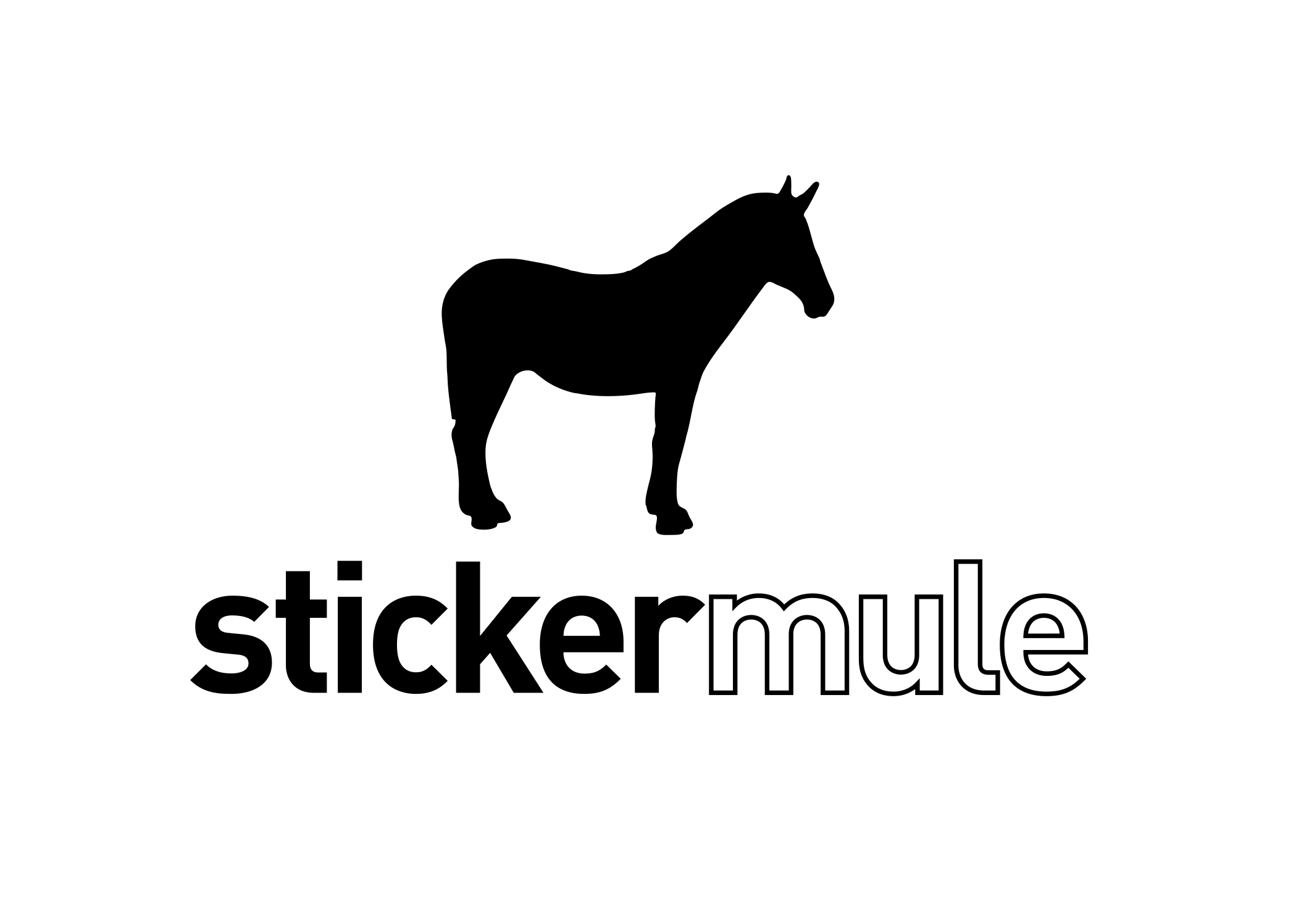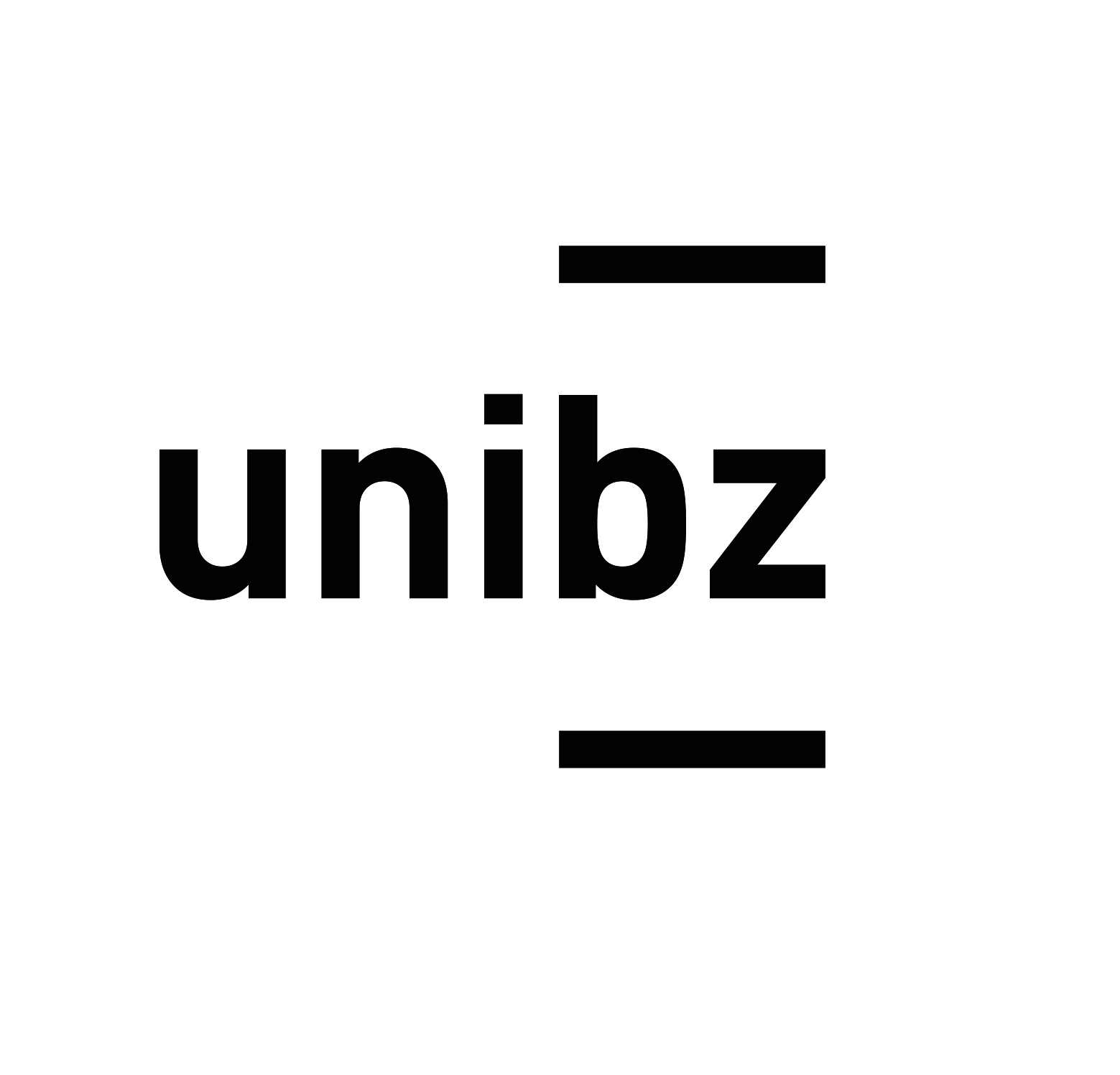FAIR (Findable, Accessible, Interoperable, Reusable) principles are the pillars of the open science movement. When building any contribution, for example datasets or code, FAIR compliance (FAIRness) should be considered as one of the main goals in order to increase the potential legacy of your work.
There are many generic online tools to automatically assess the FAIRness of your dataset.
However, such a procedure should be fine-tuned to your specific purposes, in order to understand more about your data and raise domain-specific questions.
Bring your own dataset and together we will try to transform a basic operation where you mechanically check a list of items into an in-depth examination of your contribution under the FAIR lens.
At the end of the assessment we will end up with both a FAIRness score and a list of questions / comments related to your dataset.
The workshop will be structured as follows:
Introduction (ca. 5′) – FAIRness in practice: DOI, Protocols, Standard Schemas, Licenses
Example (ca. 2′) – Assessing the FAIRness of an online dataset
FAIRness practice (ca. 20′) – Bring your own dataset and let’s assess FAIRness
Wrap up (ca. 8′) – Review of the assessments. Notable examples from the attendance.
Additional Materials needed:
A dataset, eg.:
– an online one and publicly shared dataset
– an offline one, on your device, still not shared


